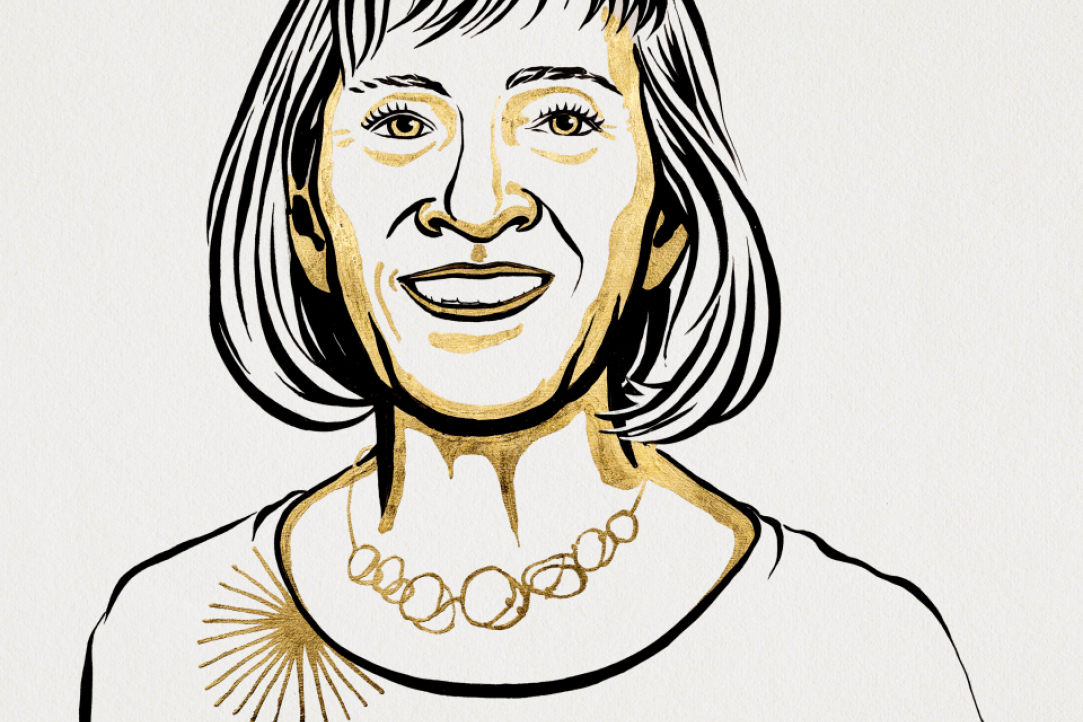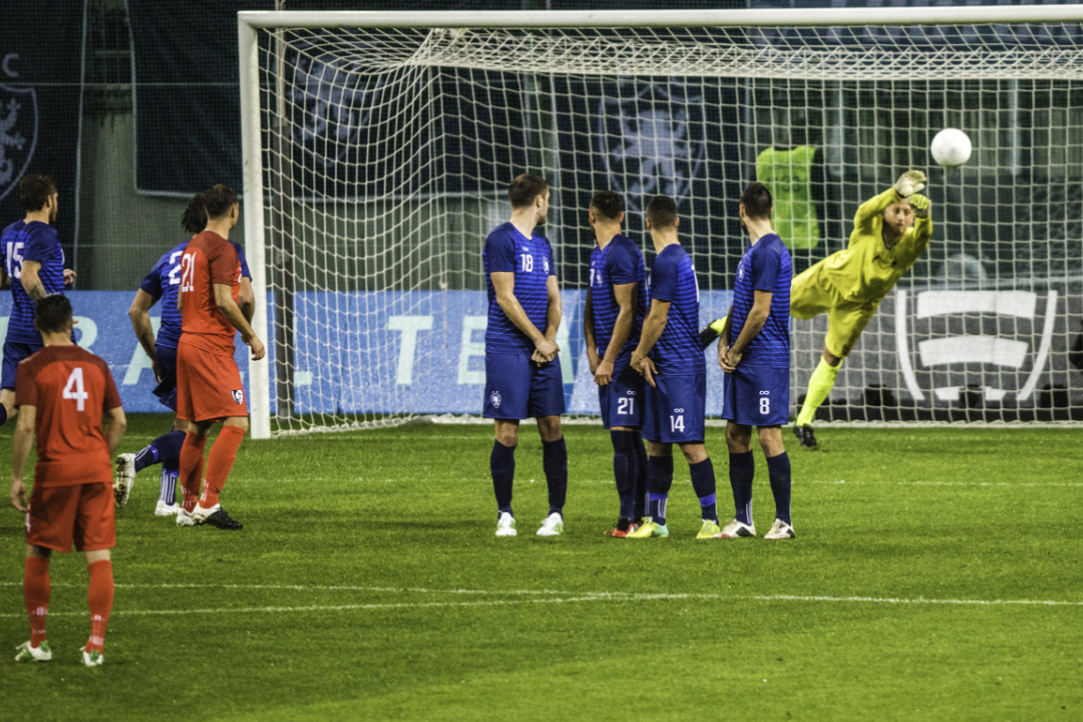The Royal Swedish Academy of Sciences has awarded the Sveriges Riksbank Prize in Economic Sciences in Memory of Alfred Nobel 2023 to Claudia Goldin (Harvard University, Cambridge, MA, USA), ‘for having advanced our understanding of women’s labour market outcomes.’ According to the Nobel committee, Professor Goldin has uncovered key factors that determine gender differences in the labour market.





.jpg)









.jpg)




